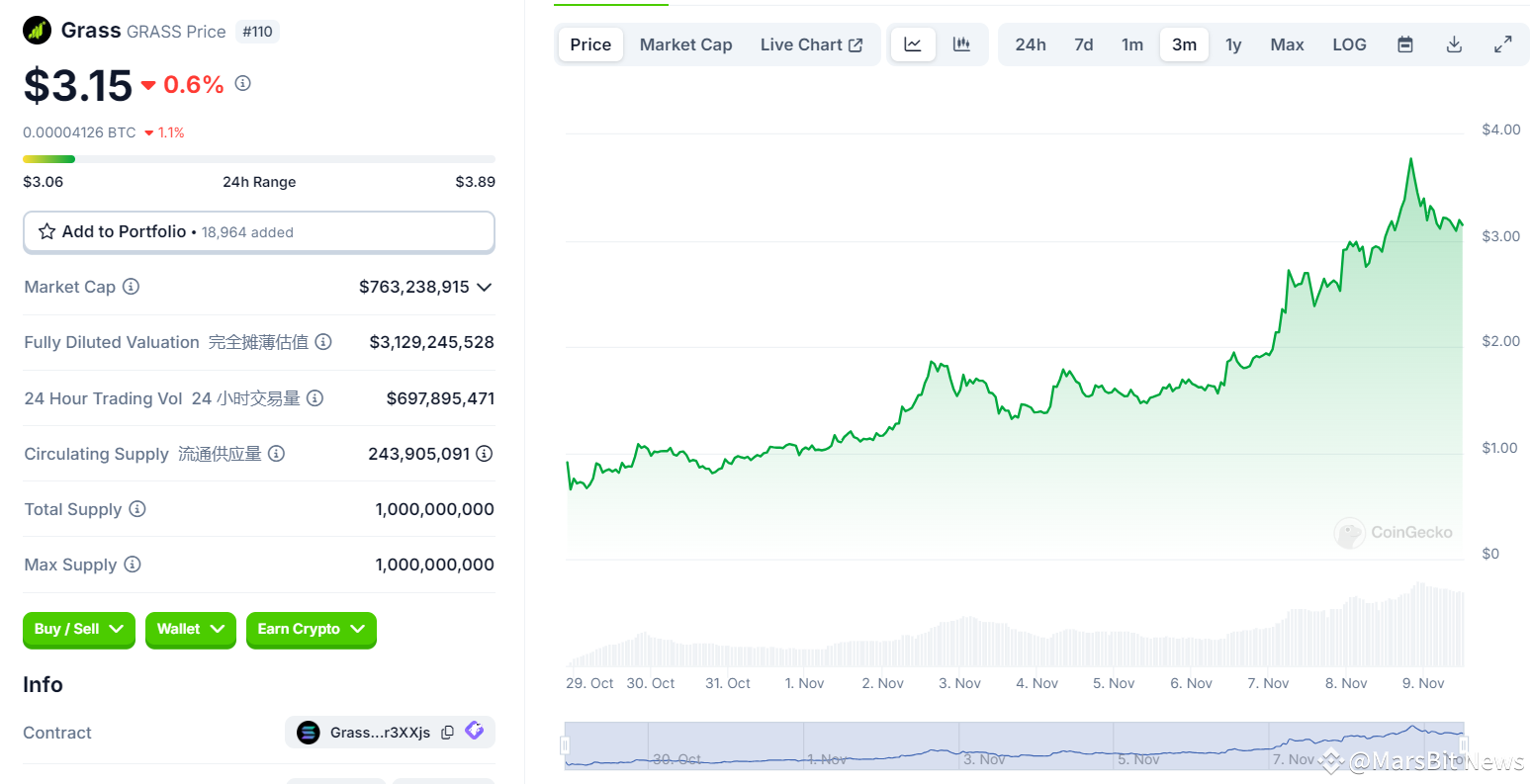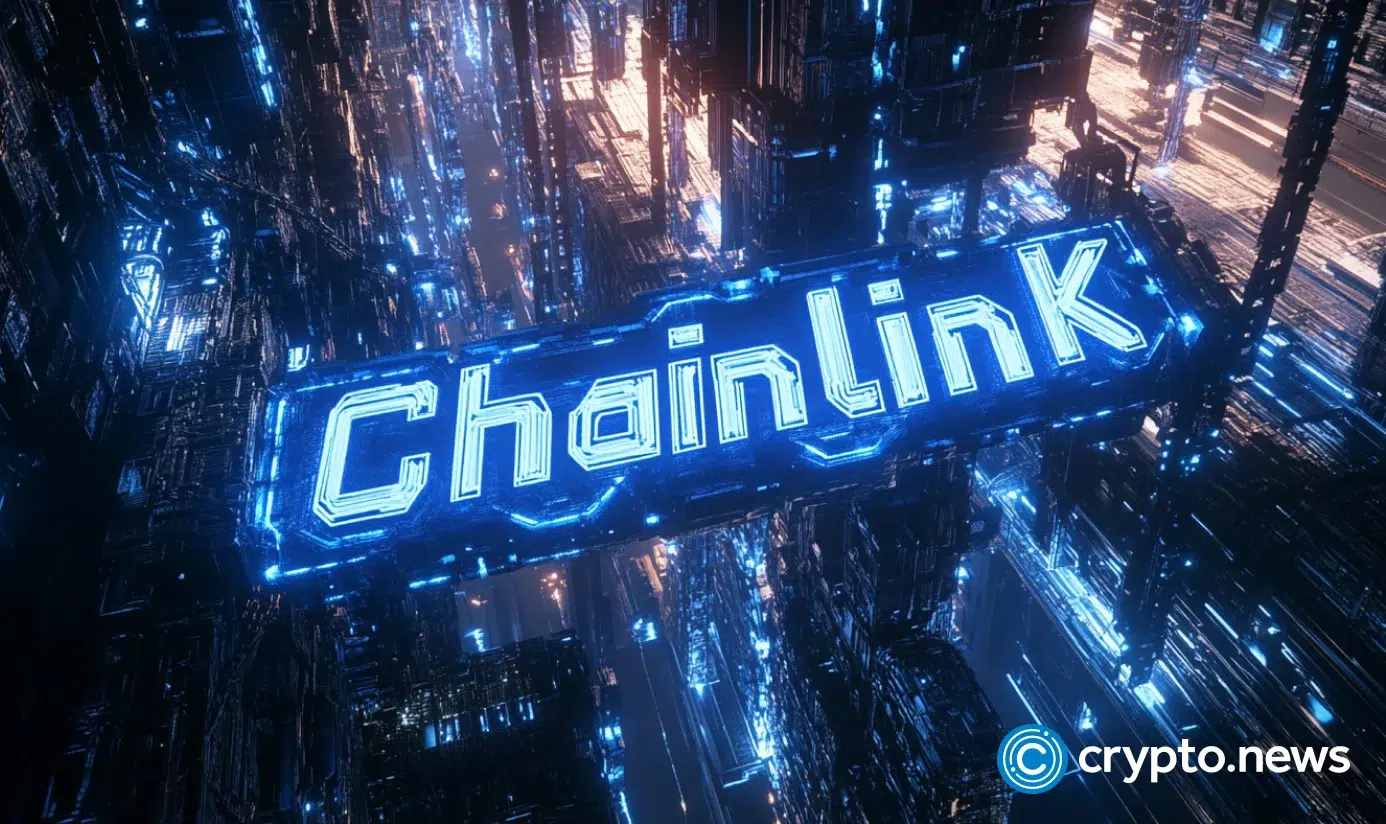GRASS Perpetual Contracts Launch Sparks Market Surge

Last night, Binance made headlines with the launch of GRASS perpetual contracts, which significantly boosted market sentiment. The price of GRASS surged to an impressive $3.5, marking a new record high, while trading volume exceeded $700 million within 24 hours. Since its inception on October 29, GRASS has experienced a staggering growth of over 400%. This meteoric rise has sparked interest in the underlying fundamentals of the coin, particularly its innovative approach to data monetization within the DePIN (Decentralized Physical Infrastructure Networks) framework. Supported by major venture capital firms like Polychain and Deiphi, GRASS is positioned as a frontrunner in the data economy, offering rewards for data contributions and challenging the traditional monopolistic data models.
The technical analysis of GRASS reveals a strong buying momentum, with the Relative Strength Index (RSI) climbing to 71.8, indicating an overbought condition. This rapid increase in price has attracted significant market attention, but it also raises concerns about potential pullbacks. The Ichimoku cloud chart suggests that GRASS is currently riding high, with key support levels around $2.9 and $2.4, which could cushion any necessary corrections. As the cryptocurrency market continues to evolve, the stability of GRASS’s staking numbers—remaining above 26.6 million—demonstrates investor confidence in its long-term potential, despite the risks of profit-taking in a volatile environment.
Looking ahead, the DePIN sector is poised for substantial growth, with predictions estimating its market value could reach $3.5 trillion by 2028. This projection highlights the increasing demand for decentralized data solutions, particularly as AI technology continues to advance. GRASS stands out as a promising investment within this burgeoning landscape, appealing to those seeking to capitalize on the data revolution. However, investors must remain vigilant, balancing the excitement of rapid gains against the inherent risks of market fluctuations. The future of GRASS and the DePIN track may well depend on broader market trends and the ongoing evolution of data decentralization strategies.
Related News





